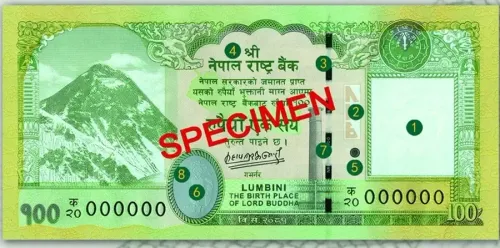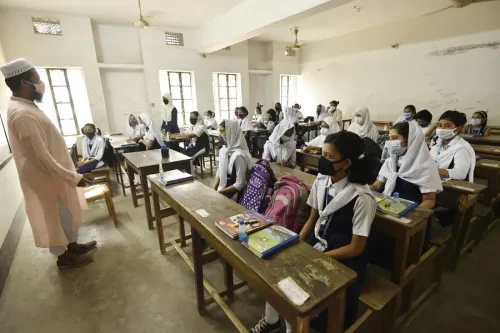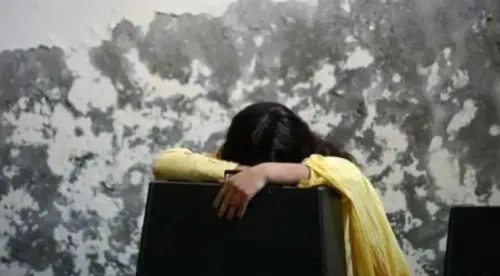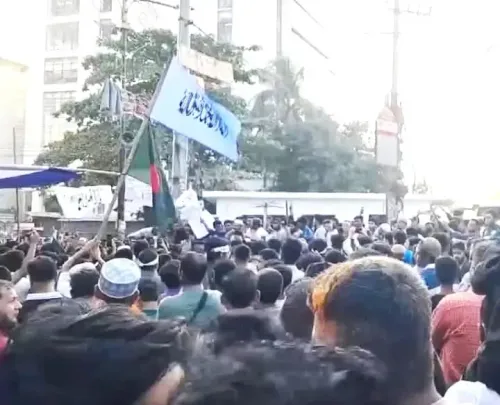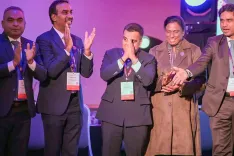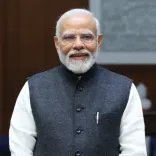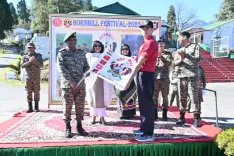How Many People Have Been Killed in Bangladesh Amid the Human Rights Crisis?
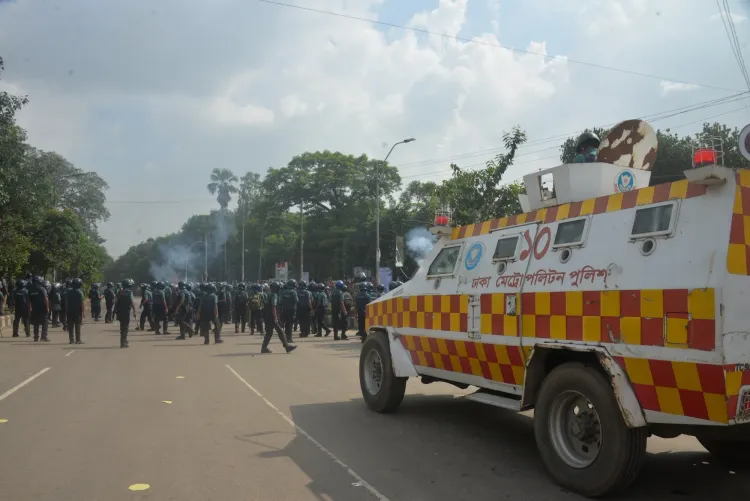
Synopsis
Key Takeaways
- 111 individuals killed in mob violence over the past year.
- Need for immediate institutional reforms to address human rights violations.
- Report highlights 496 attacks on journalists and 195 lynchings.
- Calls for inclusion of minority and women representatives in policymaking.
- Extrajudicial killings remain a significant concern.
Dhaka, Oct 9 (NationPress) Over the past year, a tragic toll of at least 111 individuals has fallen victim to mob violence in Bangladesh, as experts pointed out on Thursday, bringing to light the worsening human rights crisis within the nation, as reported by local media.
During a roundtable discussion titled 'Human Rights in Transition: Accountability, Institutions, and Fragility in Post-Uprising Bangladesh', a diverse group of scholars, civil society members, and human rights advocates called for urgent institutional reforms and enhanced accountability to safeguard human rights.
This event took place on Wednesday in Dhaka, organized by the research-focused human rights think tank Sapran (Shokol Praner Nirapotta), established following the protests in July 2024.
Participants highlighted the absence of effective justice and accountability systems, which have contributed to rising mob violence, digital vigilantism, and a decline in public trust towards the country's justice institutions, as reported by the Dhaka Tribune.
In its recent report titled 'After the Monsoon Rebellion: Assessing the State of Human Rights in Transitional Bangladesh (Aug 2024 – July 2025)', Sapran documented a disturbing increase in human rights abuses and criminal activities throughout the country.
According to the report, from August 2024 to July 2025, there were 496 attacks on journalists, 195 mob lynchings, and 640 instances of violence against children. Furthermore, the report noted that 34 individuals were killed, over 2,000 were displaced, there were 24 attacks on indigenous communities, 35 people were extrajudicially executed, 45 lives were lost, and 300 individuals were injured due to labor rights violations, culminating in a total murder count of 2,878.
Moreover, human rights activist Mosfiqur Rahman Johan pointed out that extrajudicial killings and the death penalty, often executed without proper legal procedures, remain significant issues.
“The state's duty is to preserve life, not to extinguish it,” he stated.
The IP News BD highlighted ongoing exclusion of minority and women representatives from policymaking processes.
“For seventeen years, ethnic communities have awaited constitutional acknowledgment. Even in the new consensus commissions, there are no women or Indigenous voices. How can we forge an inclusive state while sidelining certain groups?” a representative questioned.
Addressing this lack of inclusion, Sara Hossain, a senior advocate at the Supreme Court of Bangladesh, commented, “Many in our society seem oblivious to the constitution, law, or even human rights. Marginalized communities’ voices are crucial to meaningful reform, yet they remain unheeded.”
Under the interim government led by Muhammad Yunus, Bangladesh is grappling with a deepening human rights crisis, inciting outrage among citizens and various international human rights organizations.

